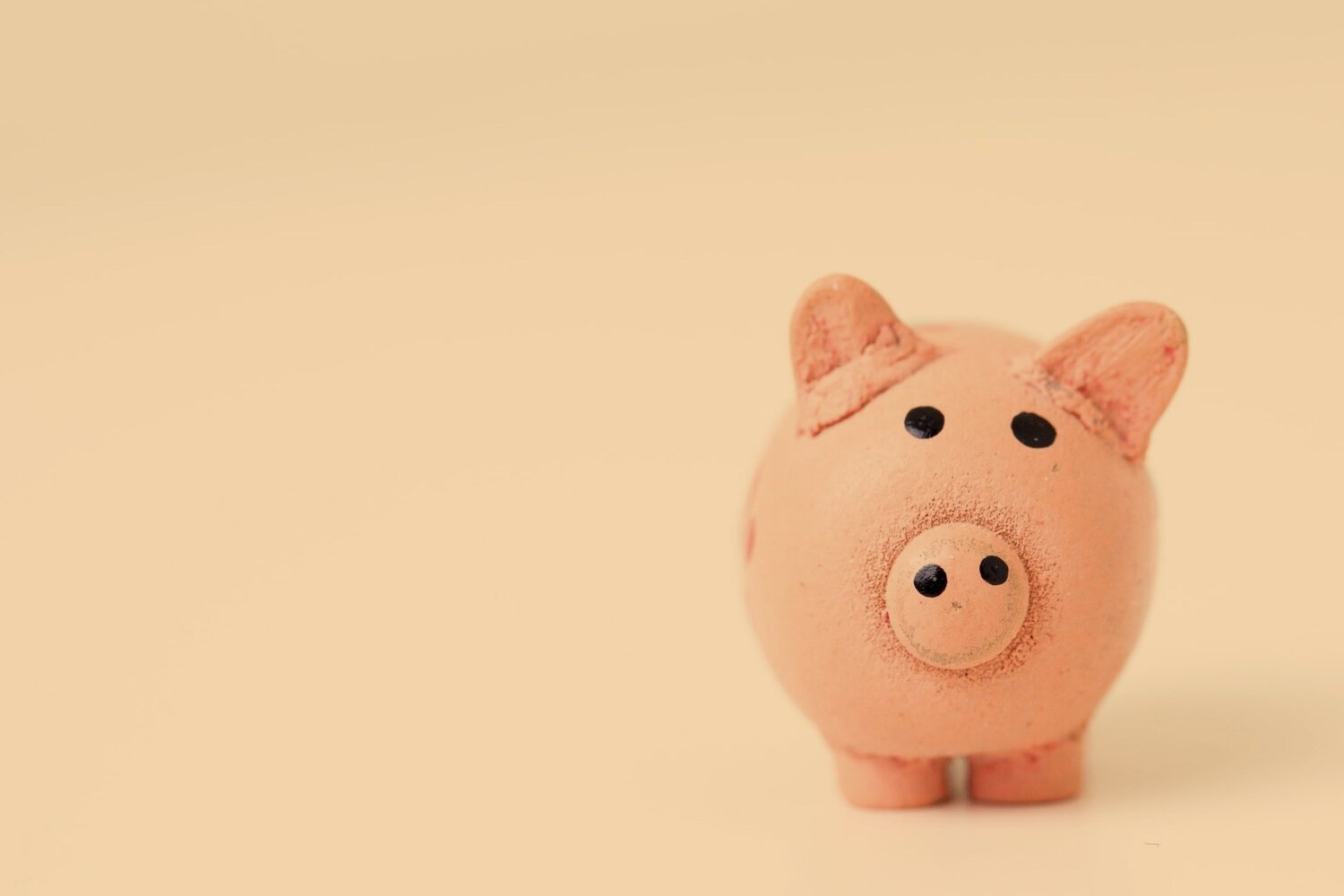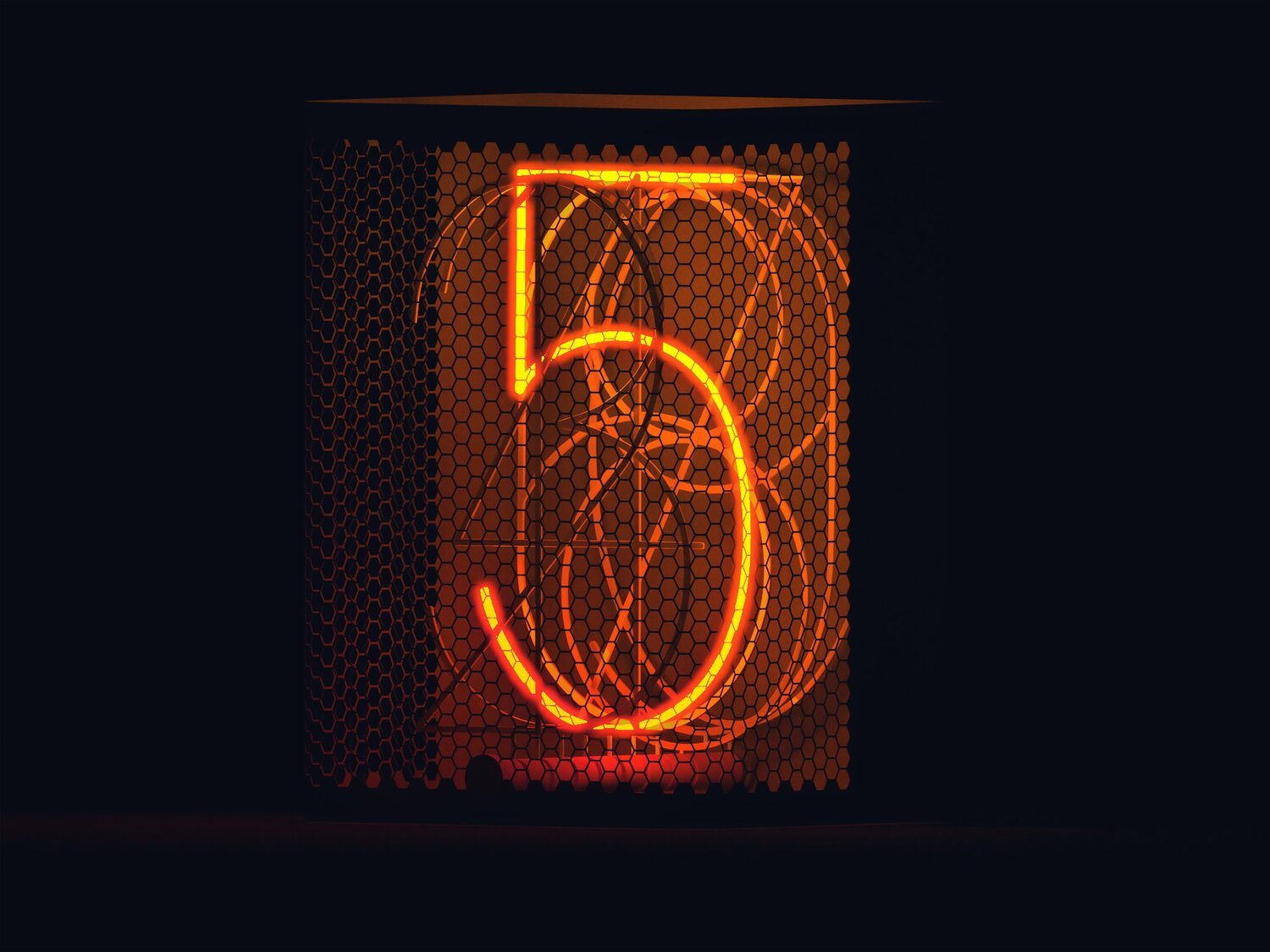Buying a property is biggest financial decision we could ever (or not) ever make. Many fledgling first time buyers might be asking themselves, whether they are better off renting in the short term, or taking the plunge and buying their first home.
There are of course, many factors to take into account, and making the wrong choice can result in unwanted complications further down the line. While renting might be the right choice for one person, this may not be the case for another, and so it depends entirely on what you want out of your home. Whether it’s the flexibility of being able to move more easily, or the security of having a more permanent home.
In this guide, we weigh up the pros, and cons of both options, to help you decide whether renting, or buying is the right choice for you for eternal home liberation.
Buying Pros
More cost-effective in the long term – Although mortgages involve high upfront costs, buying a house usually works out to be cheaper than renting in the long run. As a result, mortgages are better suited to those who are looking to live in their home for an extended period of time. Therefore, it is worth considering how long you plan on living in a particular property before choosing to take out a mortgage.
Ownership – Home owners can take satisfaction from knowing that their monthly payments are going towards buying their home, and not their landlords. Buying a home can be viewed as an investment, as long term capital appreciation of house prices will benefit you, and allow you to “trade up” when the time comes. You also have the freedom to sell your home as you please, and not when your landlord does, or wants to increase the rent. If you hold the property for the duration of your mortgage, you will have nothing left to pay, and have a nest-egg for you and your family.
No Limits – While a landlord may impose certain rules regarding guests, pets and what changes you can make to your home, buying your own home allows you to make the rules. You could choose to redecorate, landscape your garden or renovate as you like. In addition, any modifications you make to the property will most likely increase its value, making it easier (and more lucrative) to sell if you choose to do so in the future. Depending on the size of your property, you may also be able to rent out part of it to help pay your monthly mortgage payments.
Peace of mind – As per the terms of notice agreed to in your tenancy agreement, a landlord may decide to sell or move into their property at any time. Therefore whilst renting, you cannot be certain how far into the future (beyond the notice period) you will be able to remain at the property. When you own your property – you call the shots.
Buying Cons
Expensive upfront costs – Buying a property, even with Help to Buy, comes with various fees to pay upfront which can add up. You need to pay a deposit, at least 5% of the purchase price, along with mortgage, legal and broker fees and stamp duty.
Maintenance – As the homeowner, you are responsible for paying for any maintenance that may need to done on your home, which can vary in price and arise unexpectedly. While many trivial jobs are inexpensive, and many of them will be covered under either the developers after-sales warranty or the 10 year building warranty, the costs can still add up, especially in year 2 or 3 when appliances are out of warranty.
Commitment –Moving home can be expensive and you are committed to paying off your mortgage within the agreed terms of your mortgage deal. Depending on the market at the time, selling your property will not always be as easier as you might think, and it can take a long time for a property to sell. Buying jointly with a partner can also complicate matters further, so make sure you understand the technicalities of your purchase before entering into the agreement.
Pros of renting
Cheaper, in the short term –While renting a home will often require you to pay a deposit, this will still be significantly less than the deposit and other fees that come with buying a house. Moreover, you will avoid having to pay for any maintenance costs while renting, as these are paid for by your landlord. For this reason, renting is better suited to those who are not currently in the financial position to afford a deposit and mortgage, but may be eventually.
Flexibility – Choosing to rent makes it much easier to move house if you need to, once your tenancy comes to an end. The average tenancy lasts just 14 months, which in rare circumstances, can be the time it could take to sell a property. Renting is a good choice for those not wanting to live in a particular area permanently. For example, if your job requires you to move around the country frequently, then renting may be the better option for you.
Less risk –If you rent your current property, your landlord is entirely responsible for adapting to the changing conditions of the property market. You will not have to worry about whether the property decreases in value.
Cons of renting
The landlord benefits, you don’t – One of the major drawbacks of renting is that your payments are simply paying fund your landlords investment, rather than your own. And whilst there are risks that come with buying, the long term view on house prices remains optimistic as developer struggle to build and keep up with demand. Meaning that those who don’t buy sooner rather than later, will find it harder as time goes on.
Subject to rules –As your landlord is the one who owns the property, they have the final say over the rules of the tenancy. These will outlined in your AST tenancy agreement, so make sure you read it carefully. They may restrict you as to what changes you can make to the property, or how many guests, or pets you can have (if any). The landlord can also make changes to the amount of rent you pay each year, and can even decide to sell the property.
More expensive, in the long term – As with anything that offers convenience, renting is often not the most cost effective option for someone looking to stay longterm. Unlike a mortgage, you will have to keep paying rent for as long as you live in the property, which when compared with the current mortgage rates available, will work out to be far more expensive than buying. As a result, renting tends to lend itself better for shorter term plans. ie. Less than 2-3 years.
How do you decide between the two?
Do you have enough money to pay for a deposit and other upfront costs?
One of the downsides of buying is the higher upfront fees. Most of the time you will need to pay at least 5% of the property’s value as a down payment, as well as any additional mortgage fees and stamp duty. Therefore, it is worth asking yourself whether you can afford to pay these various costs before deciding to take out a mortgage, and that you think the property will suit your requirements for the next 3-5 years. Generally speaking, the larger the deposit you pay, the lower your monthly payments.
Do you have the financial stability to pay your mortgage, and still live comfortably? –
It is important to assess how much you are earning and work out whether you will have enough to be able to pay your monthly mortgage rate and still have money left over to fund living expenses (utilities, food, leisure activities, etc). Buying a property that is going to cause unreasonable cutbacks, may not be the best idea and so it’s important to consider your long term financial situation - although most homeowners have tales of stretching themselves in the early days or having to wait several months before being able to buy a sofa or curtains - it’s part of the journey!
So now it’s down to you. Chameleon Group are helping thousands of buyers weigh up the pros and cons of buying today. If you’re interested to learn more about buying your first home, or if you would like to receive new development notifications, sign up to our alerts completing the boxes below;


